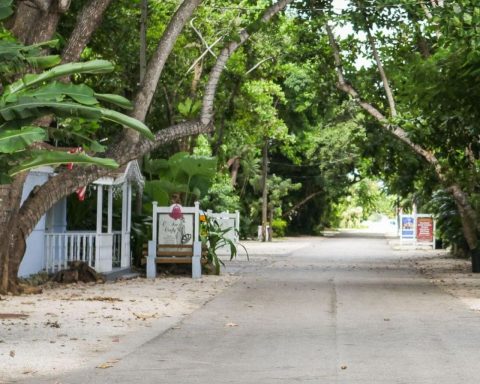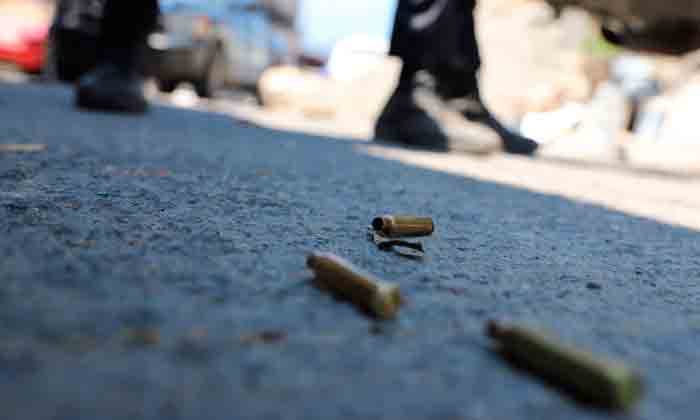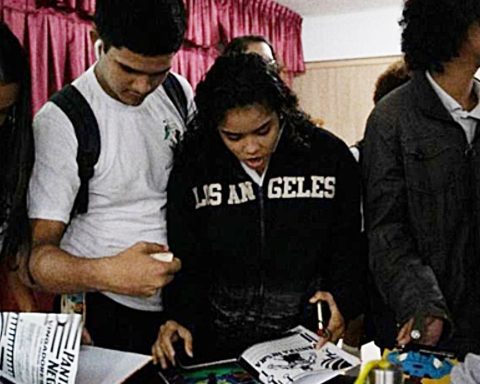CMDX, MEXICO. — Tania Díaz Castro, a pioneer of independent Cuban journalism, lives alone with her pets in the El Roble neighborhood, in Santa Fe, a coastal town northwest of Havana. She still writes on her laptop and remains lucid, even though the almanac and her body remind her that she has lived to be 84 years old.
After more than 20 years dedicated to independent journalism, Tania has no way of subsisting financially on her own. Dissenting in Cuba, opposing Fidel Castro and working as a chronicler outside of official propaganda condemned her to not even have a precarious pension. This woman worked all her life as a screenwriter, writer and was also a press professional, but today she faces a retirement without resources in an increasingly expensive Cuba.
To help Tania, the Casa Palanca collective has organized a fundraising in which you can collaborate with the desired amount. Those who join will receive a copy of a book of Tania’s chronicles. The proceeds will be delivered to Díaz Castro, a woman who has confessed that his greatest wish is that after his death no one speculates that he worked for State Security. He does not conceive greater offense.
LET’S GO THERE
“VAMOS PA’ALLÁ” is the name of the campaign that makes the situation of the reporter visible. The title refers to the saying “we all go there”, pointing to her old age. Hence the importance of being empathetic with older adults. The title is also a motivational expression that she calls to participate in crowdfunding.
In addition to trying to improve Tania’s situation, the campaign aims to make visible the job insecurity of independent Cuban journalists.
“These women carry out a risky and stressful trade in which, in addition to the repression by the Cuban authorities, they also suffer, in most cases, from a lack of labor benefits such as sick leave, maternity leave, vacations paid or retirement benefits”, explains Casa Palanca.
Tania Díaz Castro, a bit of her story
The poet Tania Díaz Castro was a founder of the Union of Writers and Artists of Cuba (UNEAC) and the Union of Journalists of Cuba (UPEC). Starting in 1964, she worked as a reporter for national magazines and newspapers. By 1977, Tania, she was a well-known radio scriptwriter, a profession that she developed for almost a decade.
At the same time, Díaz Castro began to question Fidel’s regime and oppose him.
In October 1987, a small group that included Tania began sending messages detailing the Human Rights violations committed by the communist government to the embassies based in Havana. These materials were then published abroad.
Later, in February 1988, that same group from the Cuban Committee for Human Rights presented testimonies before a Commission that the UN sent to Cuba to investigate compliance with the Universal Declaration. Díaz Castro was in charge of explaining why there was no freedom of expression or of the press in Cuba.
Facing the regime head-on earned her companions exile and her jail. However, the political prison did not silence Tania in the long run. In 1998 she began to collaborate with CubaNet. In this journal you can find hundreds of his texts published from the late 1990s to 2022.
In recent interviews Tania has recounted that the most difficult thing for her was not even the harassment or jail. The most difficult thing for her has been growing old and feeling how her body resists performing simple tasks like buttoning her clothes, for example.
From today, Monday, April 10, 2023, the crowdfunding to help improve the quality of life of Tania Díaz Castro, pioneer of independent Cuban journalism.















